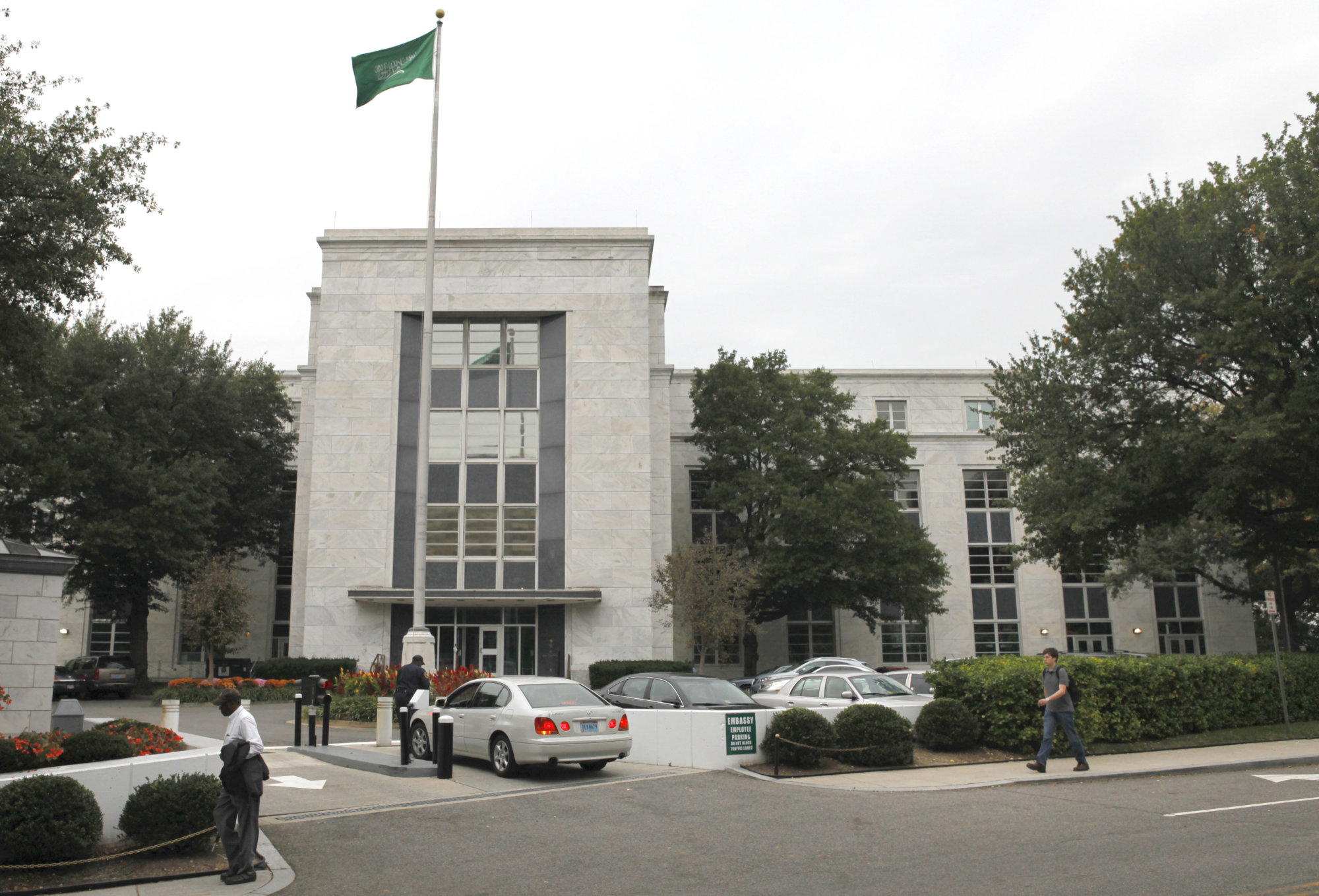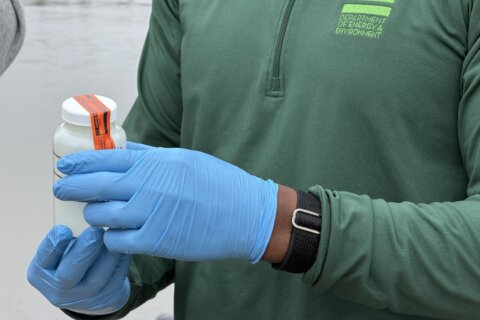WASHINGTON — An effort to rename a portion of the street outside the Saudi Embassy “Jamal Khashoggi Way” has been put on hold after D.C. Council Chairman Phil Mendelson decided not to consider the measure.
Mendelson cited a law that prevents public spaces from being named in honor of any person who is alive or has been deceased for less than two years.
“The chairman will likely not be making an exception to the law requiring a person be dead for two years before renaming a street in their honor,” said a Mendelson spokesperson. “He adheres to that law strictly.”
During a meeting Wednesday, Advisory Neighborhood Commission 2A, which represents the Foggy Bottom and West End neighborhoods, voted to rename a small portion of New Hampshire Avenue to honor the journalist, and Washington Post columnist, Jamal Khashoggi.
U.S. intelligence officials have concluded that Saudi Crown Prince Mohammed bin Salman must have at least known of the plot to murder Khashoggi at the Saudi Consulate in Istanbul last month.
“State-sponsored murder of journalists represents an imminent global threat to free speech,” said Commissioner William Kennedy Smith, who chairs the group. “There is broad community support for the initiative.”
Following the commission’s vote, the measure would have gone to the city council for consideration if Mendelson had allowed for it.
On Friday, Mendelson told WTOP that he found Khashoggi’s murder “outrageous” but again cited the limits of the law. He added, “There are other ways the Council can express sentiment, such as a sense of the council resolution.”
Earlier this year, the council decided to rename a section of Wisconsin Avenue outside the Russian Embassy to honor Boris Nemtsov, a Russian dissident who was murdered in Moscow in 2015.
In recent years, there have been moves to name the street on which China’s embassy is located after famed Chinese dissident and Nobel Peace laureate Liu Xiaobo, who died in prison in 2017.
Members of Congress have also supported a similar effort to rename a portion of the road that is home to Cuba’s embassy after Oswaldo Paya, a pro-democracy activist who died in a 2012 car accident that some believe may have been set up by the Cuban government.
The Associated Press contributed to this report.







